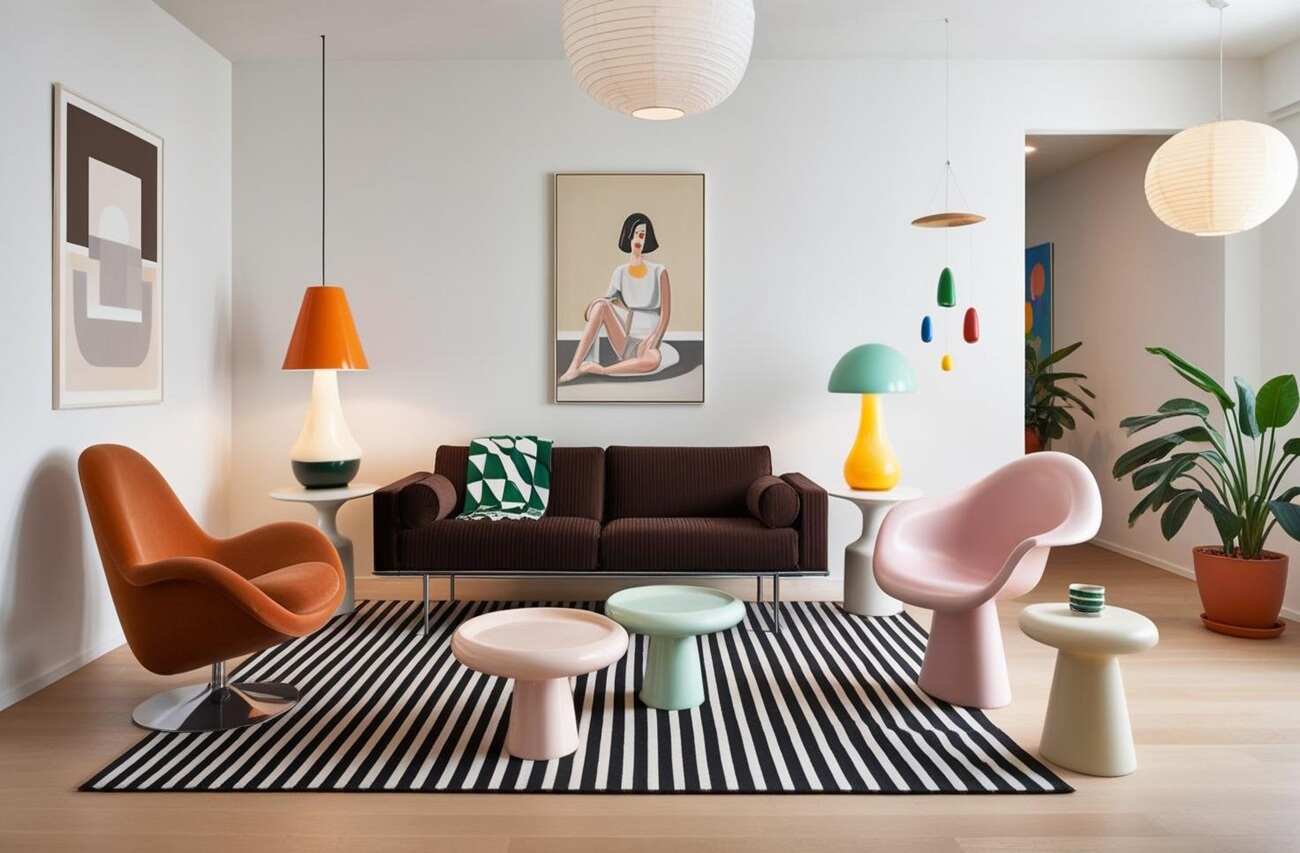
2025 Home decor trends: Gen Z & Alpha’s top picks
he home decor industry in 2025 is evolving rapidly, driven by the dynamic preferences of two influential generations, Gen Z (born 1997-2012) and Gen Alpha (born 2013 onwards). These digitally native generations not only follow trends but actively shape them, making their preferences crucial for retailers to understand. Unlike previous generations, their approach to home decor is a blend of creativity, self-expression, and purpose-driven choices.
Qalara explores the key design aesthetics and emerging home decor styles that resonate with these young consumers. From sustainable materials to tech-integrated spaces, discover how to stay ahead of the curve as a retailer and cater to Gen Z and Alpha’s evolving tastes.
Understanding the psyche of Gen Z and Alpha
To connect with Gen Z and Alpha, it is essential to understand what drives their buying behavior. Both generations are highly tech-savvy, research-oriented, and socially conscious. They value individuality over conformity, prefer experiences over materialism, and lean toward sustainability and ethical choices. Social media plays a pivotal role in shaping their tastes, platforms like TikTok, Instagram, and Pinterest are not just sources of inspiration but also spaces for self-expression.
Both Gen Z and Alpha are deeply invested in sustainability. They are aware of the environmental impact of consumerism and prefer products that reflect responsible practices. Eco-friendly materials like bamboo, reclaimed wood, recycled glass, and biodegradable elements are highly favored. Upcycled decor items and handmade, ethically sourced products appeal to their desire to make conscious choices.
For retailers, it is not just about claiming to be sustainable, transparency is vital. Sharing the story behind a product, its materials, and the artisans involved can make a significant impact. Offering certifications like Fair Trade or FSC can build credibility. Retailers can also consider eco-conscious packaging to enhance their brand image.
Key trends in home decor for Gen Z and Alpha
Sustainability and ethical sourcing
Sustainability and ethical considerations are shaping changing consumer interests. Gen Z and Millennials today are at the forefront of the change towards sustainable consumption and shopping. They value sustainability and are willing to pay for sustainable and ethical products.
According to a study by First Insight, 73% of Gen Z consumers are willing to pay more for sustainable products. Most people look for product reviews online, while some also look up the manufacturing details. A significant portion of customers review products before making a purchase and are willing to pay a premium for items sourced ethically or sustainably. Brands must also adapt to the growing popularity of thrifting and second-hand shopping.
The eco-consciousness of these generations extends beyond products. It includes packaging, supply chains, and brand advocacy. Gen Z consumers expect companies to take meaningful stances on climate change, diversity, and ethical sourcing. A McKinsey study found that 73% of Gen Z actively seek to buy from companies they perceive as ethical, while 90% believe businesses should address environmental and social issues.
However, they can easily recognize when a brand is merely making empty promises about diversity or sustainability without genuine action. By adopting sustainable or ESG practices, being transparent, and showcasing measurable progress, brands can highlight initiatives such as carbon-neutral operations, recyclable packaging, or fair-trade practices to nurture credibility and loyalty. Retailers can also consider eco-conscious packaging to enhance their brand image.
Bold and eclectic aesthetics
Minimalism may still have a following, but a growing number of young consumers are gravitating toward maximalism, a mix of bold, eclectic aesthetics that allow them to experiment. Gen Z and Alpha prefer spaces that reflect their personal style over following traditional decor norms. Nostalgic influences like retro, Y2K-inspired styles, and 90s pop culture are also popular.
Retailers should consider curating collections that blend statement pieces with versatile, timeless decor to cater to this need for expressive yet functional home decor. Visual merchandising that highlights unique combinations of patterns, textures, and colors can inspire buyers to think creatively.
Tech-integrated spaces
Technology is second nature to these generations. Gen Z and Alpha are more likely to purchase smart home devices. From app-controlled lighting to smart mirrors and voice-activated devices, they expect a seamless integration of technology in their living spaces. The smart home market is expected to grow at a CAGR of 23.5% between 2024 and 2029, resulting in a total market size increase of $255.2 billion.
Creating “Instagrammable” spaces, aesthetically pleasing corners that double as photo backdrops, is also a significant trend. Retailers can benefit from showcasing decor ideas that incorporate tech in creative, visually appealing ways. Displaying tech-enhanced decor in stores or online with live demonstrations can drive engagement.
Biophilic design and natural elements
With increasing awareness of mental health and well-being, there is a strong affinity for biophilic design; incorporating natural elements to create calming, grounded environments. Research shows that indoor plants can reduce stress levels by up to 37% (American Society for Horticultural Science). Indoor plants, terracotta planters, jute rugs, and botanical motifs are popular for creating an organic, nature-inspired vibe.
Also read: Biophilic bliss: Bringing the outdoors in
Retailers can curate products that reflect this connection to nature while balancing modern aesthetics. Collaborating with plant stores or offering plant care workshops can strengthen this approach.
Strategic takeaways for retailers
1. Leverage digital marketing
Engage with Gen Z and Alpha through TikTok challenges, Instagram collaborations, and Pinterest idea boards.
Also read: 9 new-age & efficient B2C advertising tools
2. Be transparent
Clearly communicate your sustainability practices and ethical sourcing processes.
3. Customization and personalization
Offer customizable options that cater to individuality.
Also read: How Qalara has made life easier for buyers and Qalara’s order types: What works for you
4. Merge style with technology
Embrace smart home decor products that combine aesthetics with functionality.
5. Create shareable spaces
Showcase “photo-worthy” decor setups that appeal to their content-driven approach.
Conclusion
Retailers who adapt to the values, preferences, and aesthetics of Gen Z and Alpha will not only stay relevant but lead the market in 2025 and beyond. By embracing sustainability, personalization, and technology, retailers can tap into the creativity and consciousness of these influential generations. The key lies in understanding that for Gen Z and Alpha, home decor is more than just design; it is a statement of who they are. With a blend of authenticity and innovation, retailers can turn these preferences into powerful opportunities for growth.
Stay ahead with Gen Z home decor trends and cater to the bold, tech-driven, and sustainable preferences of Gen Z and Alpha. Source trend-forward, ethically crafted home decor from India with Qalara. Now is the time to evolve, stay ahead of the curve, and bring the future of home decor to your customers!
~ Written by Shambhavi










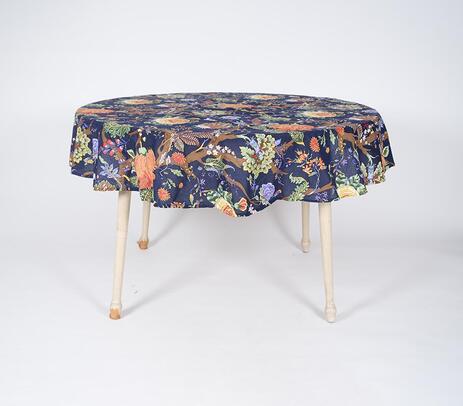
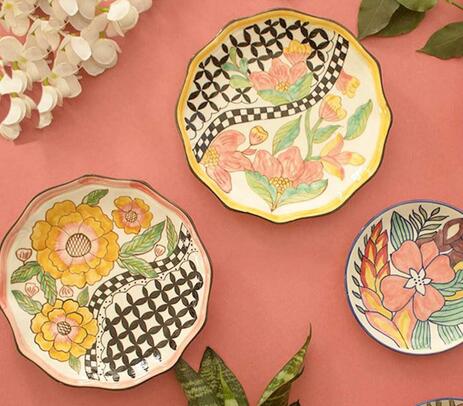
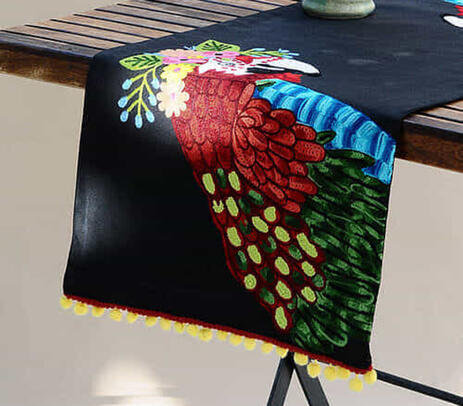


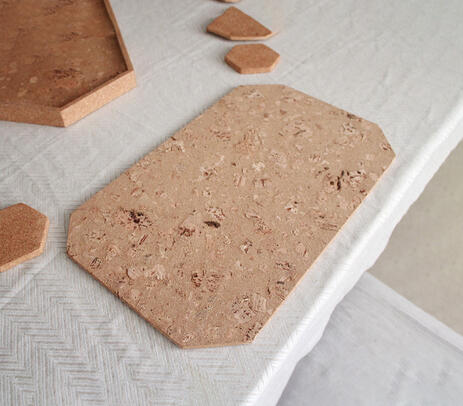


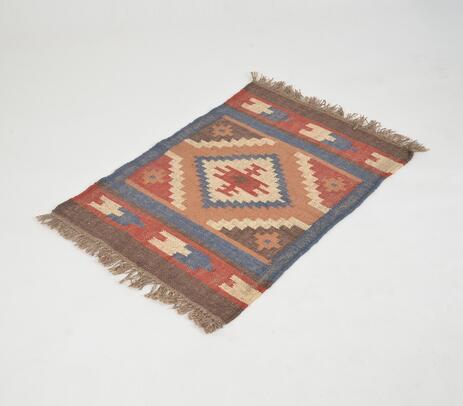


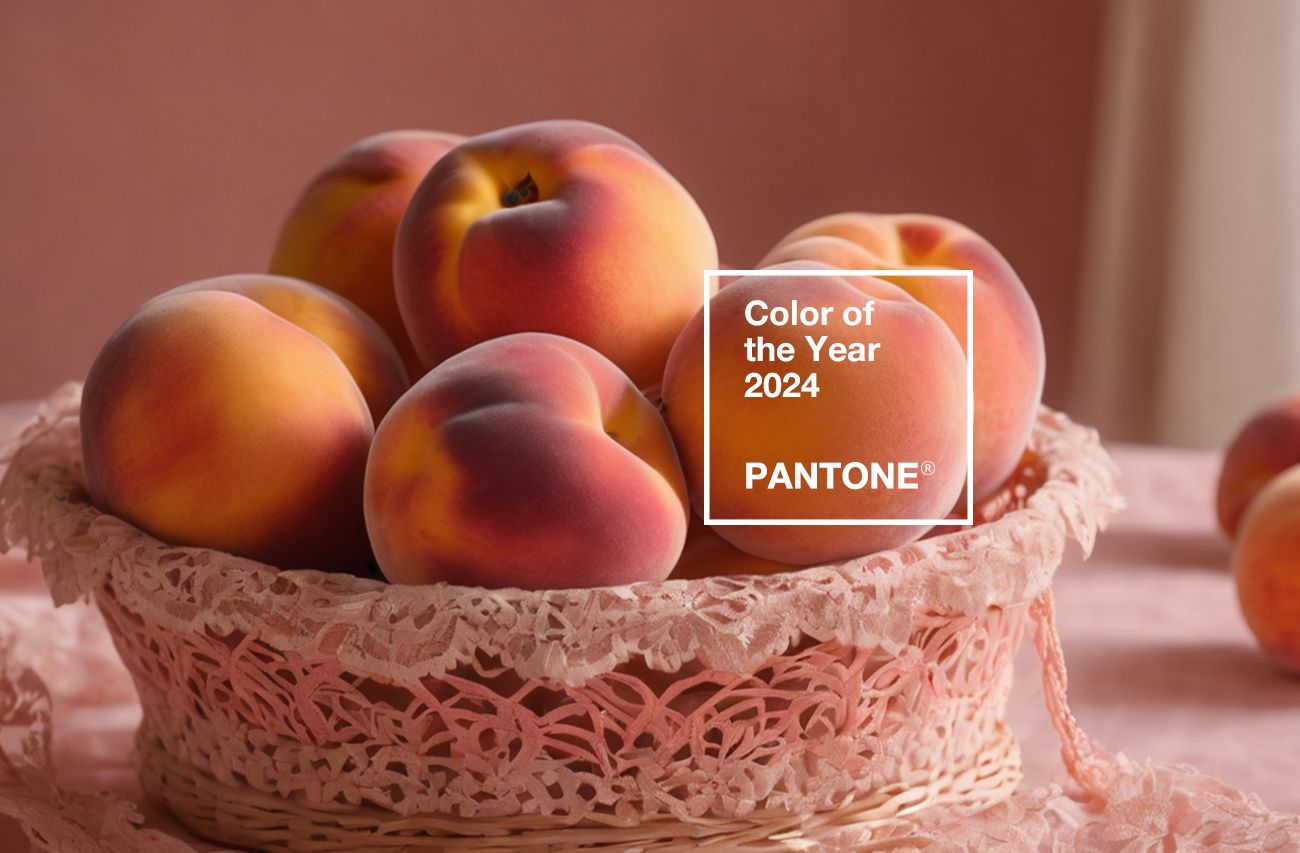


Leave a Reply